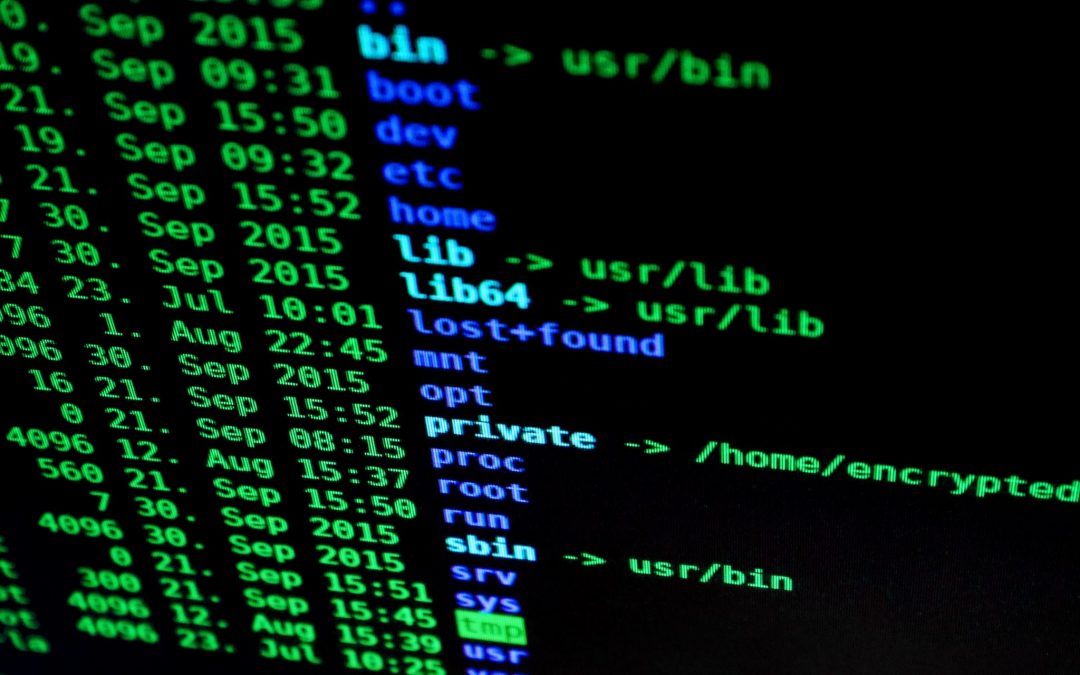Things You Can Do to Protect A Data Breach

The fact is that security testers could write a book on the many things you can do to protect your company from a data breach. What is special about the tips in this article is that they are all unnervingly effective if they are implemented and enforced, plus all these tips may be implemented by people who are not technically minded. When examined on their own, these tips seem basic and ineffective, but the amount of trouble and stress that they cause hackers can be extensive. Used alongside cyber security software, behaviour and habit changes in operating practices can be very effective. Here are a few things you should seriously consider doing to lower the chances of a security data breach this year.
Reduce Your Data Transfer Amounts
Data is a little more at risk when it is being transferred, so the obvious course of action is to lower your data transfer amounts. The only method for facilitating that may be to put all your eggs in one basket, which also has its fair share of risks. Plus, many people use cloud computing, which means data needs to be transferred on an almost perpetual basis. That is why you should concentrate on lowering the amount of data rather than the frequency of transmissions. Can data be compressed, encrypted, and can file sizes be reduced?
It sounds like a silly example, but let’s take the example of a word processor document being uploaded into a cloud-based team project program. Do you need to include the date on the document? Wouldn’t the system show which date it was uploaded? Do you need the full name of the staff member when you could assign a letter to each staff member? It sounds like a silly example because the amount of data being reduced is in the kilobytes, but it is an example of how your data may be streamlined so that less information need be transmitted.
Code-Encrypt Your Own Information
You are probably using as much encryption technology as you can, but you will be surprised just how difficult it makes a hacker’s life when you create your own codes and language. For example, do not give department names when making files, give them number codes. Replace your date system with a letter-coding system, such as having a file was created on the “15th of AA in the year BGNH.”
It is not as uncommon as it sounds. Department stores and large chain grocery stores will often assign numbers and codes to both products and store locations. You are making the hacker’s life more difficult because the hacking group has to chomp through all your encrypted data and then has to figure out what all your codes, names, labels and tags mean.
Purposeful Misinformation
There are some who tout the benefits of having easily crackable files full of misinformation. MI6 has servers full of misinformation that looks real and genuine but is in fact a trap for hackers to fall into. Even the Simpsons storyboarded a number of fake killers when they ran their “Who Shot Mr Burns” special. It sounds like a waste of time, but sometimes it is easier to thwart a hacking group by having them think they have won.
Severely Restrict Downloads
Are downloads the biggest threat to your company? Downloads are the security-breach equivalent of going to a mall and walking into people’s sneezes. You may reduce your security-breach risks substantially by restricting downloads and ensuring that all downloads are monitored and guarded.
All Unencrypted Devices Should Be Banned
A seemingly lax attitude to online and offline threats is quite common. People do not realise that most hackers will visit your systems without your knowledge and then leave without causing you problems. Hackers are waiting for a time when you offer them some information they can profit from. Even the fact that you are allowing unencrypted devices suggests that your attitude towards data security is too lax.
Long and Very Varied Passwords That Are Frequently Changed
People often criticise the protective power of passwords, but strong passwords are one of the few security constants when it comes to online security. A strong password may become less important one month and more important the next month because of the way the data security community works. One month your password may be useless because of the backdoor in your program, but when the backdoor is patched next month, then your password becomes a powerful form of defence yet again. It is true that passwords are sometimes no more than a paper tiger, but just because they are useless today doesn’t mean they won’t be your last line of defence tomorrow.
Never allow a password to be saved on any device. The only place a password may be saved is on a piece of paper. The second you save your password on something electronic, you are opening up a world of alternate routes for hackers to gain access to your online accounts.
We are happy to advise you on hardware, software, and operator solutions to prevent and protect against security breaches. Give us a call on 0117 325 0370





